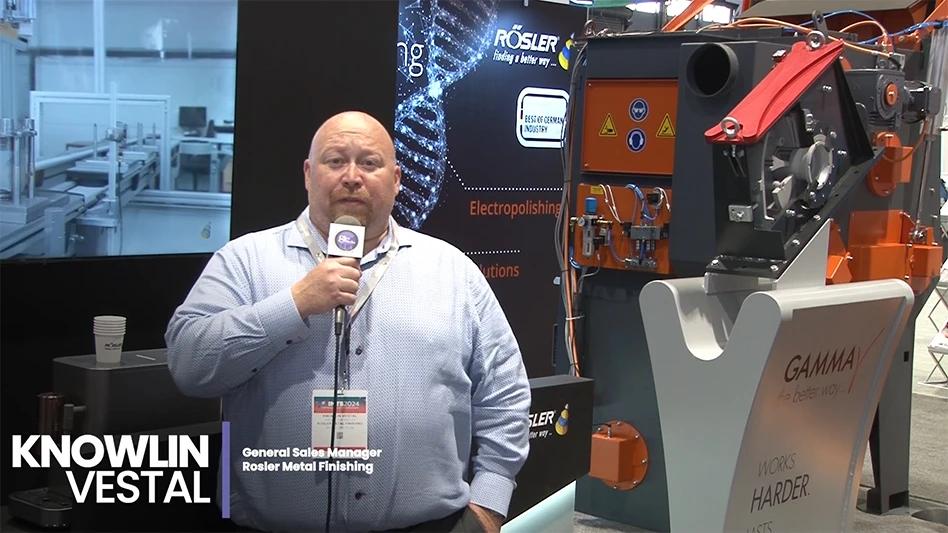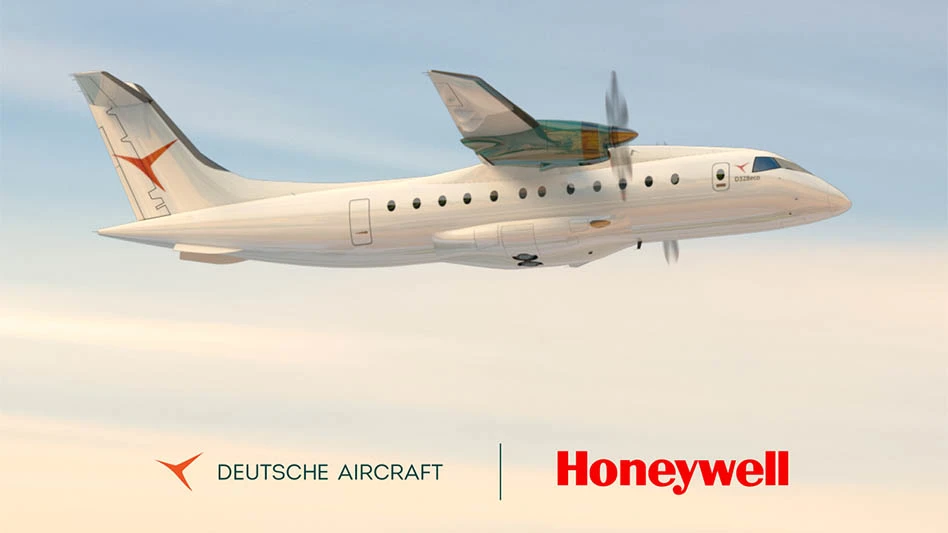
Last September, Richard McGrath lost his job at Bath Iron Works when the company laid off 44 engineers because design work on the next-generation Zumwalt destroyer had mostly wrapped up and BIW couldn’t find the funding to keep everyone on payroll.
Now, the 52-year-old professional engineer is looking to the skies and a “dream retirement career” working on unmanned aerial vehicle — or UAV — technology, says McGrath.
McGrath is the first person in the state to earn a concentration in aerospace engineering from the University of Maine in Orono.
The 30-year Maine worker took the three required classes over a three-year period starting in 2009 in order to fulfill his continuing education requirements for his professional engineering license. He said he could have taken mechanical or structural engineering courses, but was drawn to aerospace because it was out of his realm of expertise and he felt the courses would bring him a new set of skills.
“Retraining is a big thing these days,” McGrath says. “You have to be ready nowadays to be able to take on a different career.”
Before working at BIW, McGrath designed software for the Maine Yankee nuclear power plant in Wiscasset to simulate malfunctions and meltdowns to train employees. McGrath says it might be interesting to apply his experience with simulators to aircraft and spacecraft.
Adjunct professor David Rubenstein teaches aeronautics, astronautics, flight dynamics, modeling and control of aircraft and space vehicles at UMaine. He also founded Maine Aerospace Consulting LLC, which supported the Maine Aerospace Alliance in kick-starting the courses. About 20 students are taking courses in the program, with another two or three expected to earn their concentrations at the end of the semester.
“[Teaching] has not been my career,” says Rubenstein, who has worked 20 years in the aerospace industry for companies such as Lockheed-Martin and Raytheon. “When I teach this, I try as hard as I can to teach material that is relevant to the daily lives of engineers.”
Click here to read the entire article:
Latest from Aerospace Manufacturing and Design
- Spectrum AMT named manufacturing partner for D-Orbit USA
- CRP Technology's vapor smoothing production
- IMTS 2024 Booth Tour: JTEKT
- Boeing awarded 15 additional US Air Force KC-46A tankers
- Kaman’s high-precision non-contact displacement sensors
- IMTS 2024 Booth Tour: Rollomatic
- Continuum Powders to open new Houston HQ
- Lantek's v44 software





